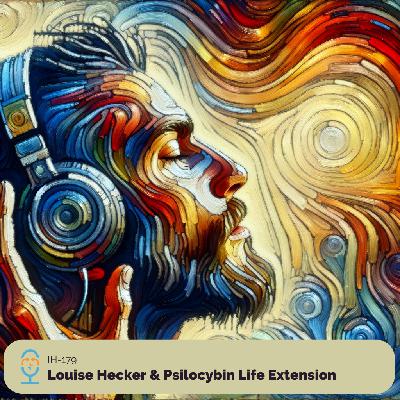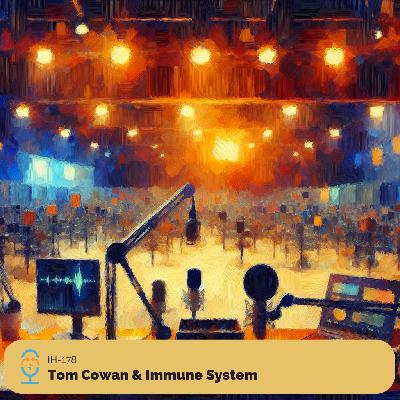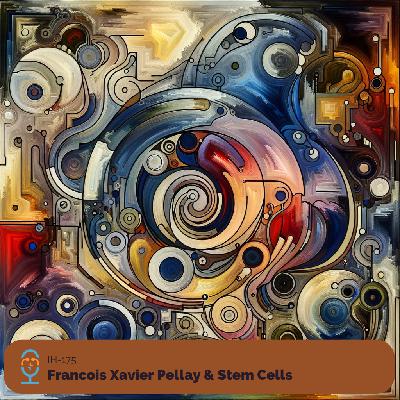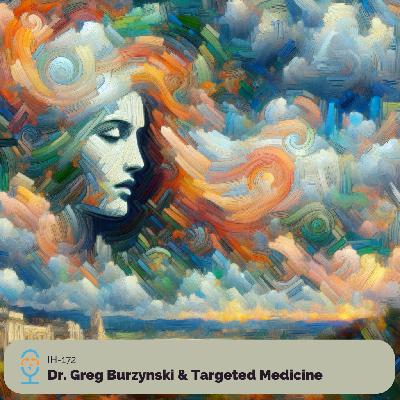Louise Hecker & Psilocybin Life Extension
Description
Summary
In this conversation, Louise Hecker discusses her extensive background in regenerative biology and aging research, focusing on the implications of fibrosis and the potential of psilocybin as a therapeutic agent. The discussion covers the challenges of conducting research on psilocybin due to its classification as a Schedule I drug, the promising findings from her studies on cellular aging, and the importance of collaboration in advancing scientific research. Louise emphasizes the need for more funding and attention to aging as a critical area of study, highlighting the potential for psilocybin to impact health span and longevity.
Takeaways
- Louise Hecker has a diverse background in regenerative biology and aging research.
- Fibrosis is a significant issue in aging, affecting organ function and repair.
- Psilocybin shows potential for long-lasting therapeutic effects in various diseases.
- Research on psilocybin is limited due to its classification as a Schedule I drug.
- Louise’s studies indicate that psilocybin may positively impact cellular aging processes.
- The research includes both cellular and animal studies to understand psilocybin’s effects.
- Funding for aging research is challenging due to its classification and perceived lack of urgency.
- Collaboration with experts in various fields is crucial for advancing research.
- The findings from psilocybin studies could lead to new therapeutic approaches for aging-related diseases.
- Louise emphasizes the importance of understanding aging as a risk factor for many diseases.
- Fibernox specializes in developing therapies for fibrotic diseases.
- Scar tissue is essential for healing but can lead to serious health issues.
- Half of all deaths are linked to complications from scar tissue.
- Current therapies for fibrosis do not reverse the disease.
- NOx4 is a key target in developing new treatments for fibrosis.
- Inhaled therapies offer a direct route for treating lung diseases.
- Oxidative stress plays a significant role in the progression of fibrosis.
- NRF2 activators can enhance antioxidant responses in the body.
- Social media is becoming increasingly important for scientists to share their research.
- The future of fibrosis treatment may involve targeting age-dependent dysfunction.
Chapters
00:00 Introduction and Background of Louise Hecker
02:57 Exploring Aging and Fibrosis
05:27 The Challenges of Psilocybin Research
08:32 The Potential of Psilocybin in Treating Diseases
11:10 Regulatory Barriers and Funding Issues
14:03 The Future of Psilocybin Research
16:53 Connecting Aging and Psilocybin Effects
20:34 Exploring Cellular Aging and Psilocybin’s Impact
24:09 Animal Studies: Translating Cellular Findings to Mice
27:30 Challenges in Aging Research and Future Directions
30:30 Government Priorities and Funding in Aging Research
34:39 The Role of Social Media in Research Awareness
39:18 Cultural Curiosity and Historical Context of Psilocybin Research
43:08 Exploring Health Span and Longevity
45:45 Data Collection and Analysis in Aging Research
52:50 Dosing Considerations in Psychedelic Research
58:40 Collaboration and Research Dynamics
01:00:58 Future Directions and Closing Thoughts
The post Louise Hecker & Psilocybin Life Extension first appeared on Irreverent Health.
























